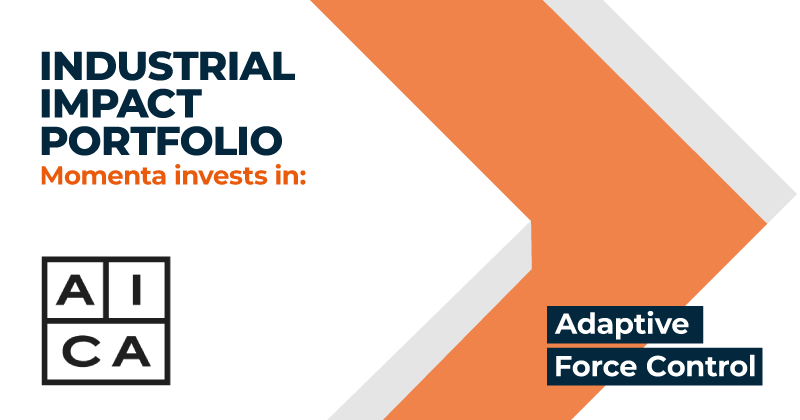Momenta's Take: ESG Pulse Check
Ed Maguire

ESG Pulse Check: Tempered Enthusiasm
Environmental, Social, and Governance (ESG) has been top of mind for investors and corporate management for the past several years, as investors poured money into sustainable mutual funds as publicly traded companies incorporated new measures into their financial disclosures. However, enthusiasm appears to be fading, with outflows from sustainable funds and a declining emphasis on ESG in corporate investor communications.
Fund Outflows Reflect Weaker Performance and High-Interest Rates
According to the Wall Street Journal and Morningstar, investors have pulled $14.2 billion from sustainable funds in the U.S. in the first three quarters of 2023. While specific reasons are difficult to quantify, it appears contributing factors include rising energy prices, high-interest rates (which make financing more difficult for clean energy projects), concerns about "greenwashing" (i.e., manipulative reporting and disclosures), and political backlash against ESG, notably from state pension fund investors (the State of Florida announced it was pulling $2 billion in assets from BlackRock due to its ESG-related activism).

Source: Morningstar Direct, Manager Research. Data as of September 30, 2023.
According to LSEG Lipper, globally, funds classified as "responsible investing" recorded $68 billion of net new deposits in 2023 through November 30; however, this represented a steep decline from $158 billion in 2022 and $558 billion in 2021. The backlash against ESG investing appears more of a U.S. phenomenon as European funds continue to support sustainable investment products. Underperformance for the past two years is a significant factor; according to Morningstar, sustainable U.S. equity funds overall gained 21.6% in 2023, including dividends, trailing the S&P 500's total return by ~5%. In 2022, the average sustainable U.S. equity fund declined 19.5% versus a loss of 18.1% for the index.
Corporates are backing away from the Term "ESG."
Corporate management teams are consciously de-emphasizing the term "ESG." On earnings calls, mentions of ESG rose steadily until 2021 and have declined since, according to FactSet. In 4Q21, 155 companies in the S&P 500 mentioned ESG initiatives, while by 2Q23, mentions had fallen to 61. According to WSJ, some companies, including Coca-Cola, are rebranding corporate reports and committees, stripping ESG from titles, while advisers are advocating new terms like "responsible business."
Unpacking ESG: Responsibility at the Core but Needed Standards Still Evolving
One of the inherent challenges around ESG is the lack of standards for measurement and reporting, and it's the "S"/social impact aspects of ESG that have seen the most political pushback, particularly in the U.S., where academic and corporate Diversity, Equity, and Inclusion (DEI) policies have faced legal challenges and political opposition.
It's the "E"/environmental aspect of ESG where there is the broadest consensus on the benefits of reducing harmful emissions and pollutants and where the effects of instituting reporting standards are farthest along. Nonetheless, the array of potential rules from different jurisdictions creates a difficult path for companies to navigate. The U.S. Securities and Exchange Commission released proposed rules for climate-related disclosure in March 2023, but political opposition has stalled progress toward implementation. California has also instituted standards for large companies to disclose emissions tied to operations and supply chains. EU sustainability reporting rules slated to go into effect over the next few years are expected to impact nearly 50,000 EU-based firms and another 10,000 foreign companies.
Despite Pushback, Sustainability Principles are Here to Stay
The current investor and political pushback against ESG is most likely a pendulum swinging back from a period of enthusiastic over-investment and public focus. The foundational principles of good corporate governance, environmental stewardship, and responsible citizenship continue to inform evolving efforts to quantify and measure advancements. Pending disclosure requirements related to emissions and environmental impact, though confusing in the near term, should provide the needed clarity for businesses and investors to measure and manage, thereby demonstrating the alignment of financial goals with sustainable principles more effectively.

Momenta is the leading Industrial Impact venture capital + growth firm. We accelerate entrepreneurs and leaders devoted to the digitization of energy, manufacturing, smart spaces, and supply chains. Since 2012, our team of deep industry operators have made over 100 investments in entrepreneurs and helped scale over 150 industry leaders via our award-winning executive search and strategic advisory practices.



